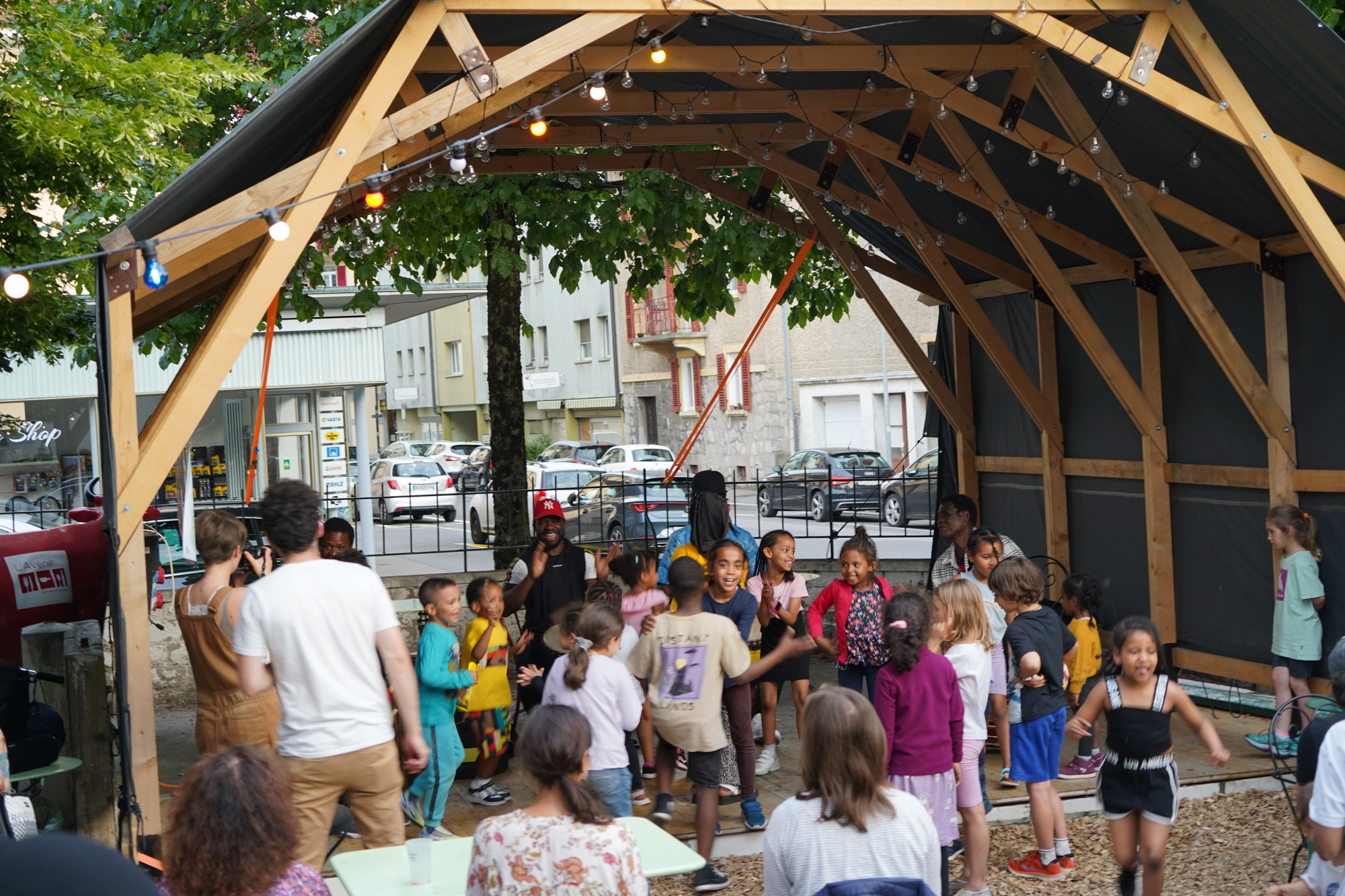On a sunny afternoon in Vevey’s Place Robin, the TILDE Festival created a captivating atmosphere. The TILDE Festival embodied a unique and joyful celebration, fostering connections, and showcasing the power of creativity in Switzerland. In the town of Vevey, Switzerland, a dynamic event unfolded on the enchanting Friday of May 26th, uniting an eclectic tapestry […]

Transforming edges into bridges in communities
TILDE
Transformative and Inclusive Leadership
from Deep Democracy
TILDE is an innovation project that aims to contribute to social inclusion in Europe, and specifically to promote the dialogue in the migration field in partner countries, through creative processes based on leadership, conflict transformation and creativity.
We plan to achieve this by:
- Creating together dialogue around Migration: How to live together in the same world?
- Applying Deep Democracy framework (that shows up in different spaces/ways: Open Forums, Conflict Facilitation & Inner Work)
- Increasing awareness on the field of Migration in Europe.
The project shares with participants the innovative framework of Deep Democracy method, which welcomes diverse voices and helps create deeper empathetic dialogue.
In doing so, the project will strengthen participants’ creative, social, civic and intercultural competencies, and directly help them to confront and engage with challenging issues such as discrimination, segregation and racism, by developing their leadership and conflict transformation abilities and competences.
We will do this by integrating various artistic forms such as theatre, plastic arts, music, dance and movement, etc.


